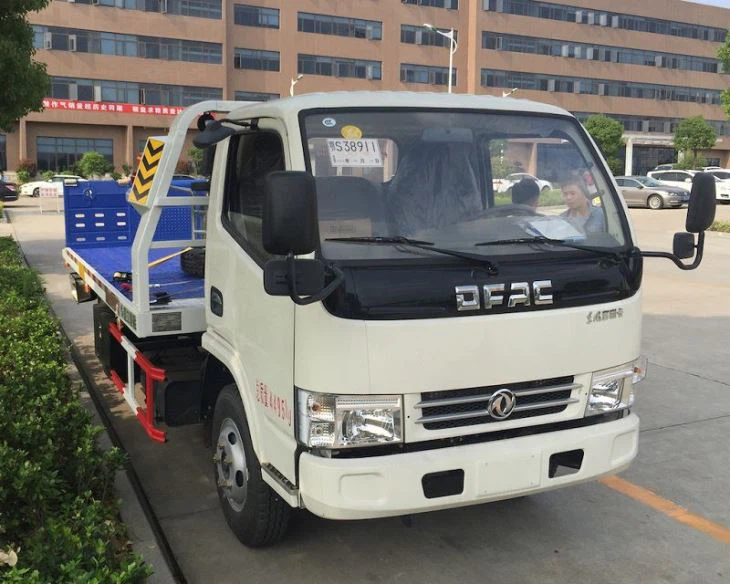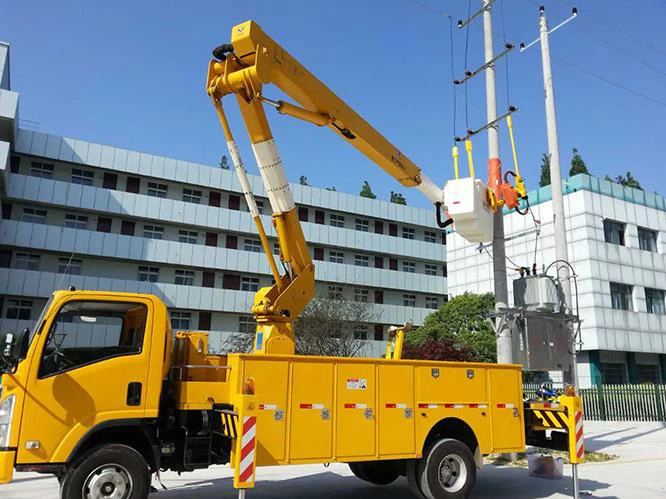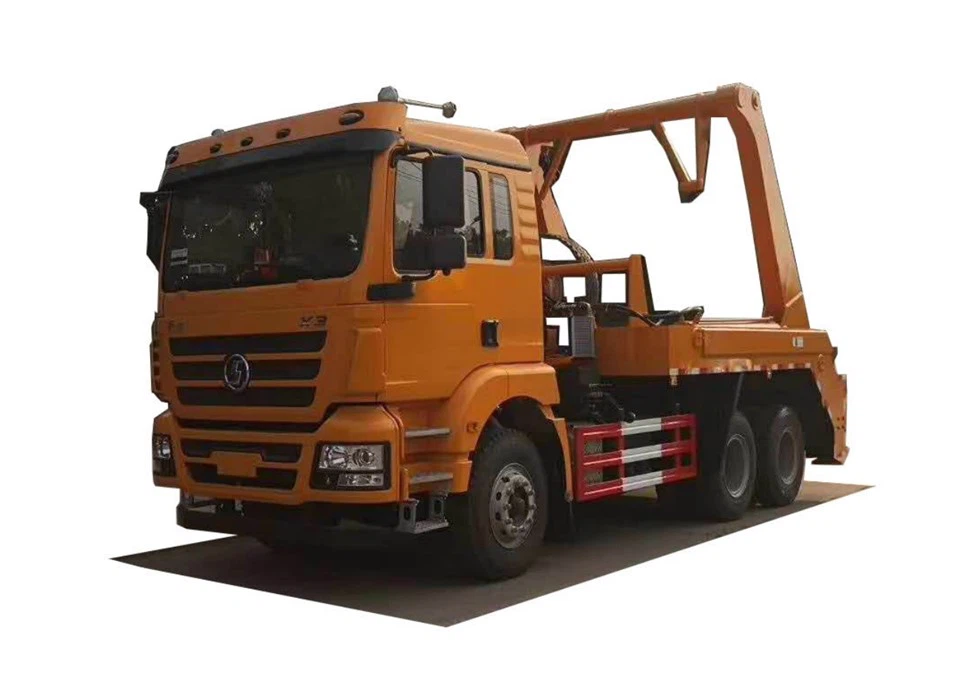Understanding Vactor Sewer Trucks: The Essential Tool for Efficient Drain Cleaning

Vactor sewer trucks are critical for maintaining and cleaning municipal sewer systems. As a specialized vehicle designed for transporting and removing waste materials from drainage systems, they feature advanced technology that makes them indispensable in many urban environments. In this article, we’ll dive deep into the world of Vactor sewer trucks, exploring their functionality, benefits, types, and much more.
What is a Vactor Sewer Truck?
A Vactor sewer truck, commonly referred to as a vacuum truck, combines high-pressure water jets and suction capabilities to clear out debris, sludge, and blockages from sewer lines and catch basins. These trucks are equipped with large tanks for waste collection, powerful pumps, and specialized hoses that allow for efficient cleaning of pipes ranging from residential to large municipal systems.
Key Components of a Vactor Sewer Truck
- Vacuum System: Utilizes a powerful vacuum to suck out waste material.
- Water Jetting System: Employs high-pressure water to break up clogs.
- Collection Tank: Stores the waste material until it can be properly disposed of.
- Controls and Operators Cabin: Enables operators to control the truck from a safe and comfortable environment.
How Does a Vactor Sewer Truck Work?

The operation of a Vactor sewer truck involves a few sequential steps:
1. Setup and Inspection
Before beginning work, operators perform pre-inspection tasks to ensure all systems are functional and safe. This includes checking the vacuum pump, hoses, and water pressure systems.
2. Positioning the Truck
The truck is positioned near the target drain or sewer location to minimize the distance waste must be transported. This is crucial for efficiency.
3. Water Jetting
The first step in clearing a blockage usually involves using the water jetting system. High-pressure water releases from a specialized nozzle to break up stubborn debris, grease, tree roots, and other obstructions.
4. Suction Removal
Once the debris is loosened, the vacuum system is activated. It sucks the waste material into the truck’s collection tank. The combination of jetting and vacuuming can handle even the most challenging blockages.
5. Disposal
After completing the cleaning process, the collected waste must be disposed of properly, generally at designated wastewater treatment facilities.
Benefits of Using Vactor Sewer Trucks
Vactor sewer trucks offer numerous benefits for municipalities, businesses, and service providers:
1. Efficient Waste Removal
The combination of jetting and vacuuming allows for quick removal of waste, which can save time during urgent projects.
2. Reduced Downtime
By minimizing the amount of time drains are blocked, Vactor trucks help reduce the potential for flooding and sewage backup, thus ensuring smoother operations for municipal services.
3. Versatility
These trucks are capable of handling a variety of materials, including liquids, solids, and sludge, making them versatile tools for maintenance crews.
4. Enhanced Environmental Safety
Effective cleaning of sewer systems helps prevent problematic leaks and can maintain water quality in bodies of water adjacent to urban sewage systems.
5. Cost-Effectiveness
Maintaining sewer systems regularly can prevent costly repairs that arise from neglected infrastructure.
Different Types of Vactor Trucks
Vactor trucks come in various models, each designed for specific applications:
1. Combination Trucks
These are the most common type, featuring both vacuum and jetting capabilities. They’re ideal for a range of sewer cleaning tasks.
2. Vacuum Trucks
Designed primarily for liquid waste removal, these trucks have powerful suction systems without high-pressure jetting features.
3. Jetting Trucks
These trucks focus solely on high-pressure water jetting and are specifically used for cleaning pipes and drains where suction is less necessary.
4. Hydrovac Trucks
Used primarily in excavation projects, hydrovac trucks utilize water and vacuum pressure to expose underground utilities without damaging them.
Best Practices for Operating a Vactor Sewer Truck
1. Training and Certification
Proper training for operators is crucial to ensure safety and efficiency. Many companies require operators to have specialized training and certification.
2. Regular Maintenance
Routine maintenance keeps the truck in top condition and prolongs its operational life. Ensure oil changes, filter replacements, and inspections are conducted regularly.
3. Safety Equipment
Operators should use appropriate personal protective equipment (PPE) including gloves, goggles, and high-visibility clothing to ensure safety during operations.
4. Environmental Considerations
Disposing of collected waste in adherence to local regulations is essential for environmental protection. Always follow local disposal guidelines.
Challenges Faced by Vactor Truck Operators
1. Operator Fatigue
Long hours can lead to operator fatigue, which can affect safety and efficiency. Implementing regular breaks is essential.
2. Equipment Failure

Equipment malfunctions can interrupt services. Having spare parts and maintaining a checklist can help mitigate downtime.
3. Regulatory Compliance
Operators must keep up with regulations regarding waste disposal and safety standards, which can vary by location.
Practical Tips for Efficient Vactor Truck Operations
1. Plan Routes Ahead of Time
Optimizing routes can save fuel and time. Use GPS technology to avoid traffic and plan the most efficient route to job sites.
2. Keep a Detailed Log
Documenting operations, issues, and maintenance can assist in building a reference for training and improving future operations.
3. Invest in Quality Equipment
While initial investment may be higher, quality Vactor trucks provide better performance and lower long-term maintenance costs.
4. Communicate with the Team
Regular communication among team members ensures everyone is on the same page, which can lead to smoother operations and increased safety.
Cost Considerations for Vactor Trucks
Investing in a Vactor sewer truck involves several cost factors:
1. Initial Purchase Price
The cost of a new Vactor truck can vary widely depending on the model and features.
2. Maintenance and Repairs
Regular maintenance is necessary to prevent significant repairs down the line. Budgeting for maintenance is critical.
3. Training for Operators
Operating a Vactor truck requires trained personnel. Factor in the costs of training programs.
4. Operating Costs
Fuel, insurance, and licensing fees should be included in the overall operational budget.
FAQs about Vactor Sewer Trucks
1. How often should municipal sewer systems be cleaned with a Vactor truck?
Frequency varies based on location and usage but generally, residential areas require cleaning once a year, while commercial areas may need more frequent attention.
2. Can Vactor sewer trucks handle all types of debris?
Yes, Vactor trucks can efficiently handle various materials, including liquids, solids, and large debris, thanks to their powerful suction and jetting systems.
3. What types of industries use Vactor trucks?
Municipal governments, waste management companies, large corporations, and construction industries frequently use Vactor trucks for their cleaning and excavation tasks.
4. Are Vactor truck operators required to have special licenses?
Yes, operators typically need to have a commercial driver’s license (CDL) and may undergo additional training to operate specialized equipment.
5. What should I look for when purchasing a used Vactor truck?

Inspect the truck’s condition, maintenance history, and whether it meets your operational needs to ensure efficiency and reliability.
6. Can a Vactor truck be used for emergency sewage issues?
Absolutely! Vactor trucks are often employed for emergency sewage clean-up and are equipped to quickly respond to urgent situations.
